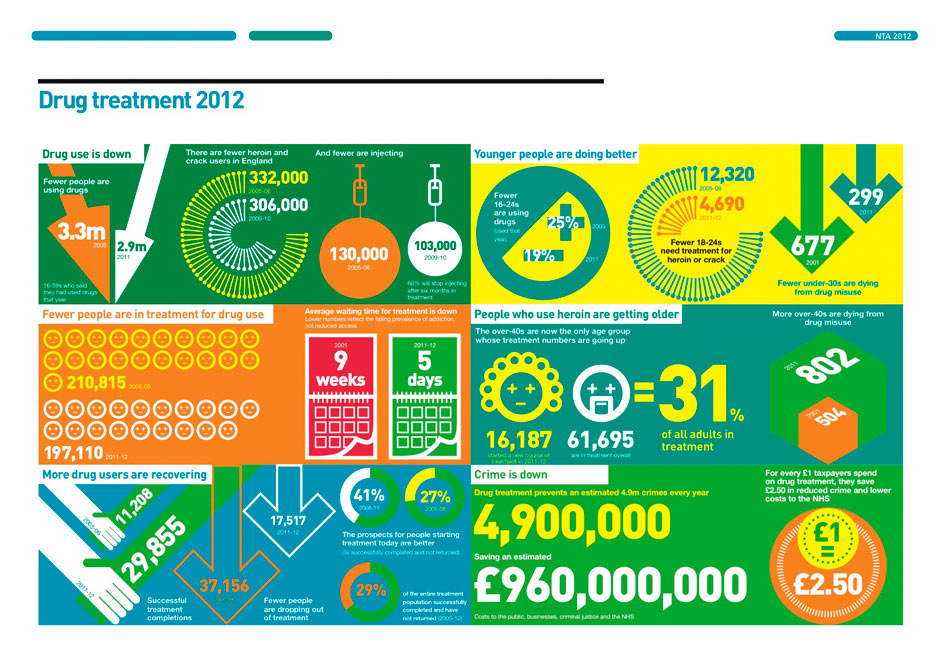Discover The Keys To Developing A Thorough Aftercare Strategy Adhering To Drug Rehabilitation And Lay The Foundation For Sustained Success
Discover The Keys To Developing A Thorough Aftercare Strategy Adhering To Drug Rehabilitation And Lay The Foundation For Sustained Success
Blog Article
Content Create By-Lawson Mcclain
You've finished drug rehabilitation, and now it's time to create a successful aftercare strategy to guarantee your long-term recovery.
Image this: you're a person identified to stay clean and develop a fulfilling life. This article will lead you through determining continuous support systems, including therapy and therapy, and establishing healthy and balanced coping devices.
With these methods, you'll be equipped to prosper in your trip of soberness.
Allow's begin.
Identifying Ongoing Assistance Solutions
You need to determine a minimum of three continuous support group to make sure an effective recuperation after drug rehabilitation.
The very first support group is your family and friends. They can give emotional support, inspiration, and aid you stay accountable. They can likewise supply a safe and understanding atmosphere where you can share your struggles and victories.
The 2nd support group is your therapist or therapist. They can assist you overcome any kind of underlying problems that might have contributed to your dependency and supply advice on how to avoid regression. They can also teach you coping systems and healthy and balanced means to handle anxiety.
The third support system is a support system or a sober neighborhood. Being bordered by others that are going through comparable experiences can be unbelievably helpful. They can give a sense of belonging, recognizing, and deal useful advice and support.
Incorporating Treatment and Therapy
To achieve a successful healing, it is essential for you to proactively join treatment and therapy sessions, along with include them into your recurring support group. By doing so, you can make the most of the advantages of these therapy techniques and boost your possibilities of preserving long-term soberness.
Right here are some essential reasons incorporating therapy and therapy into your aftercare plan is vital:
- ** Emotional Support: ** Therapy and therapy supply a secure room for you to express your thoughts, feelings, and has a hard time pertaining to your addiction. It permits you to overcome any type of unresolved issues and establish healthy coping systems.
- ** Fall back Prevention: ** These sessions outfit you with the needed devices and approaches to avoid regression. They aid you determine triggers, establish coping skills, and establish a strong structure for handling desires and anxiety.
- ** Individual Development: ** Therapy and therapy promote individual development and self-discovery. They aid you gain understanding right into the underlying reasons for your dependency, enhance self-esteem, and develop healthier relationships.
Establishing Healthy And Balanced Coping Systems
During treatment and therapy sessions, it's crucial to proactively deal with creating healthy and balanced coping devices in order to effectively handle tension and difficulties.
WhiteSands drug rehab clinics Fort Myers Suboxone Doctor 33970 require to recognize and recognize your triggers, those things that cause you distress or anxiety. By identifying these triggers, you can develop strategies to handle them in a healthy way. This could entail exercising deep breathing workouts, participating in physical activity, or finding an imaginative electrical outlet to share your feelings.
simply click the following article is necessary to additionally surround on your own with a solid support group of loved ones that can offer encouragement and advice.
Moreover, self-care activities such as obtaining sufficient rest, consuming well, and practicing leisure methods can significantly add to your total well-being.
Conclusion
In the journey in the direction of healing, creating an effective aftercare plan resembles often tending to a delicate yard. Equally as a gardener nurtures each plant with treatment and focus, so too must one grow continuous support systems, include therapy and counseling, and establish healthy coping mechanisms.
By doing so, the seeds of recovery will bloom into a flourishing garden, offering a strong structure for a brighter, drug-free future.
